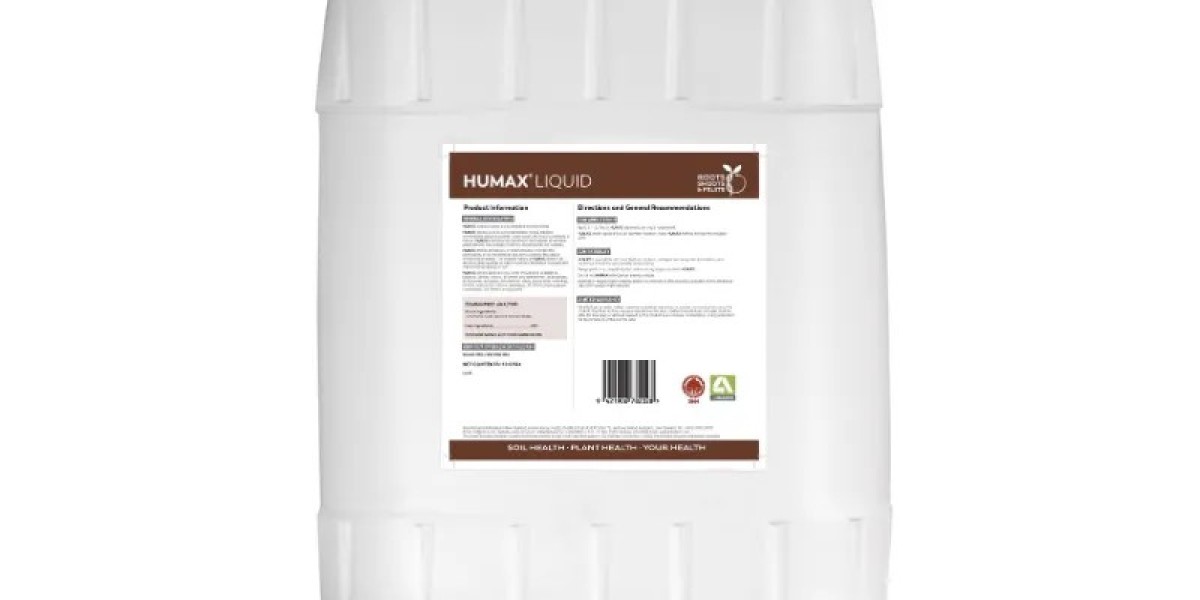In the ever-evolving world of agriculture, the search for sustainable and eco-friendly farming practices has led to a resurgence in the use of humic acid as a potent plant fertilizer. This article delves into the fascinating world of humic acid, exploring its role in organic liquid fertilizers and its numerous benefits for both crops and the environment.
What is Humic Acid?
Humic acid is a natural organic compound derived from decomposed plant and animal matter. It is a key component of humus, the dark, nutrient-rich soil that is often referred to as "black gold." Humic acid contains a complex mixture of molecules, including fulvic acid and humin, which are essential for plant growth.
The Science Behind Humic Acid
The Humic Acid Structure - Humic acid molecules are characterized by their high molecular weight and intricate structure. These molecules have a unique ability to chelate or bind with essential minerals, making them readily available to plants. This enhances nutrient uptake and overall plant health.
Improved Soil Structure - Humic acid also plays a crucial role in improving soil structure. It encourages the formation of stable aggregates, enhancing water retention and aeration. This results in healthier root systems and better nutrient absorption by plants.
The Benefits of Using Organic Liquid Fertilizers
1. Enhanced Nutrient Uptake - Organic liquid fertilizers enriched with humic acid offer superior nutrient uptake for plants. Humic acid chelates essential minerals, ensuring they are readily absorbed by plant roots. This leads to improved growth and higher crop yields.
2. Improved Soil Fertility - The regular application of organic liquid fertilizers containing humic acid can significantly enhance soil fertility. It enriches the soil with vital nutrients, creating a balanced ecosystem for plant growth.
3. Increased Resistance to Stress - Plants treated with humic acid-based fertilizers exhibit increased resilience to environmental stressors such as drought and disease. This makes them more robust and better equipped to withstand challenging conditions.
4. Environmentally Friendly - Unlike synthetic fertilizers that can harm the environment, organic liquid fertilizers with humic acid are eco-friendly. They do not leach harmful chemicals into the soil or water bodies, reducing the risk of pollution.
How to Use Humic Acid-Based Organic Liquid Fertilizers
1. Dilution - To use humic acid-based organic liquid fertilizers, dilute the concentrate with water according to the manufacturer's instructions. Typically, a ratio of 1:10 (fertilizer to water) is recommended.
2. Application - Apply the diluted fertilizer directly to the soil around the base of the plants or crops. Ensure even distribution for optimal results.
3. Timing - For best results, apply the fertilizer during the growing season. This ensures that plants receive the nutrients they need when they need them the most.
In the quest for sustainable agriculture, using humic acid-based organic liquid fertilizers has emerged as a game-changer. These fertilizers offer a holistic approach to plant nutrition, enhancing growth, improving soil health, and minimizing environmental impact. By harnessing the power of humic acid, farmers can pave the way for a greener and more prosperous future.








